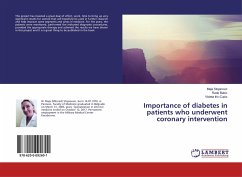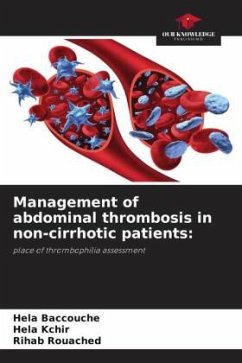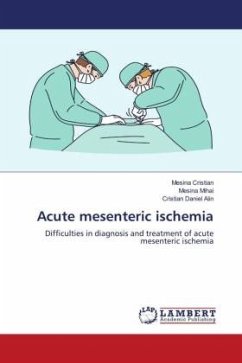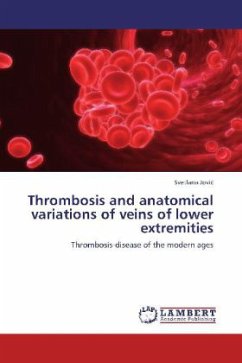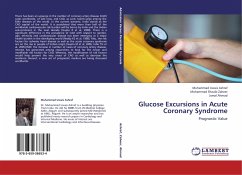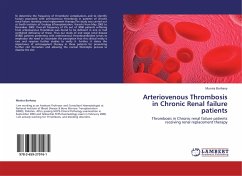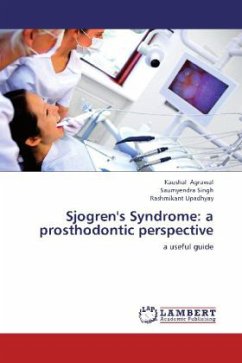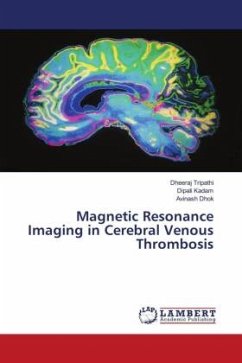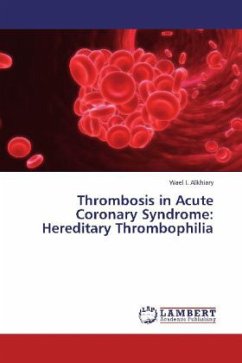
Thrombosis in Acute Coronary Syndrome: Hereditary Thrombophilia
Versandkostenfrei!
Versandfertig in 6-10 Tagen
52,99 €
inkl. MwSt.

PAYBACK Punkte
26 °P sammeln!
Ischemic heart disease is the most common cause of morbidity and mortality worldwide. The hemostatic system is a potentially relevant determinant of these cardiovascular events. Acute arterial thrombosis occurs at the site of a ruptured, lipid-rich atherosclerotic plaque, resulting in arterial occlusion and clinical manifestations such as myocardial infarction. The hemostatic system may be relevant in the initiation and progression of atherosclerosis, as well. The variations in the coagulation and fibrinolytic systems, in the form of hypercoagulable disorders, may predispose carriers to accele...
Ischemic heart disease is the most common cause of morbidity and mortality worldwide. The hemostatic system is a potentially relevant determinant of these cardiovascular events. Acute arterial thrombosis occurs at the site of a ruptured, lipid-rich atherosclerotic plaque, resulting in arterial occlusion and clinical manifestations such as myocardial infarction. The hemostatic system may be relevant in the initiation and progression of atherosclerosis, as well. The variations in the coagulation and fibrinolytic systems, in the form of hypercoagulable disorders, may predispose carriers to accelerated atherothrombosis, and increased risk of its coronary events. This book will shed light on the role of hereditary thrombophilia in acute coronary syndrome. It is hoped that it will help/guide researchers who have special interests in arterial thrombosis, as well as, in ischemic heart disease.



